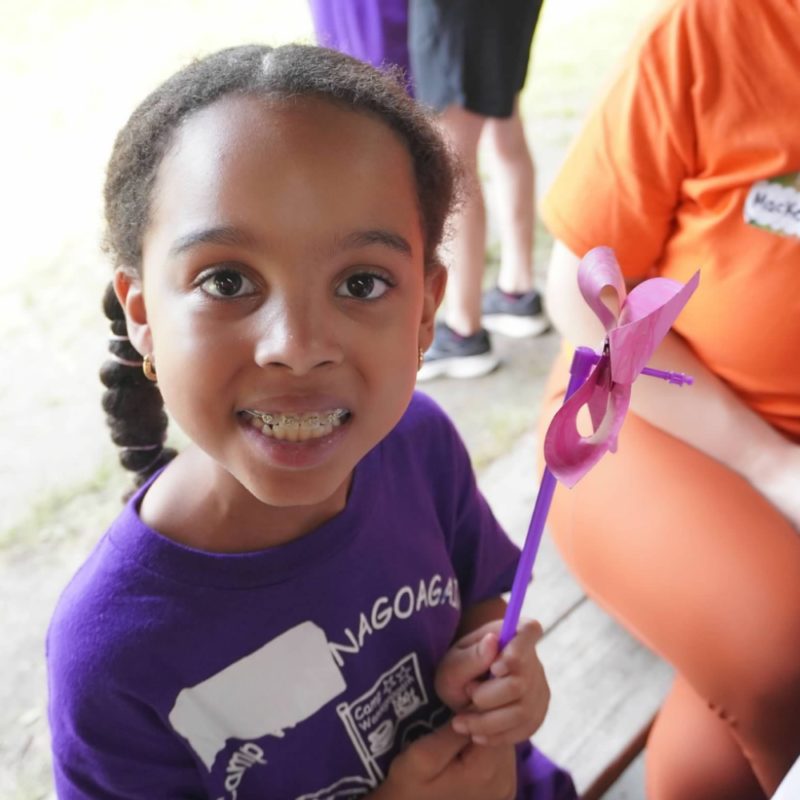Learning with The Autism Project©
Providing education and workshops enables The Autism Project to carry out our mission. These trainings provide teachers and school staff with evidence-based tools and strategies while simultaneously engaging the audience through storytelling and first-hand accounts. Through the application of learned material, educators will create classrooms where learning and creativity are at the center of every day, for every student.
The Autism Project offers a range of autism-informed training opportunities, including individual workshops, full-day trainings and multi-week series. Our team provides training both in-person and online. For a printable summary of our trainings, please review the catalogues below.
2025-2026 Workshop Catalogue - K-12
I had been searching high and low for trainings for my team and I am so happy I came across The Autism Project. I am forever thankful for our paths crossing! …I feel you really gave [our team] a different way of thinking in a positive light!... I cannot say thank you enough!
Kayla Stewart, Program Coordinator, Total Education Solutions/TES Therapy, Fairlawn OH
Exploring Autism: A Deep Dive
“Exploring Autism: A Deep Dive” is designed to provide participants with up-to-date information on the neurodevelopmental characteristics of autism. This workshop is appropriate for those who are new to autism, as well as for those with decades of experience. Topics are broken down into the following categories: diagnostic criteria, coexisting medical conditions, social communication, sensory processing, and cognition. Participants will leave this workshop with a deeper understanding of the unique influence of neurodevelopment on each autistic individual. “Exploring Autism: A Deep Dive” celebrates autistic people while discussing the unique characteristics that require a supportive and empathetic environment.
Recommended for ALL participants.
Sensing Our World: How the 8 Sensory Systems Impact Regulation
Most autistic people experience the world in an atypical way. Some may be hypersensitive to input. Others are hyposensitive. Most are a combination of these two sensory responses. Participants will discuss the 8 sensory systems, the impact of atypical modulation on the experience of sensory input, and strategies to assist with regulation.
Recommended Prerequisite: Exploring Autism
Visual Supports in Practice
“Visual Supports in Practice” provides an understanding on how to create and use visuals to better support individuals’ executive functioning challenges and accommodate their unique learning styles. Participants will discuss how to properly use a variety of different types of schedules to support transitions, to manage daily activities, and to cope with unexpected change. In addition, participants will learn to support various life skills using visuals. These skills include waiting, asking for a break, managing time, and asking for help. To support these and other skills, participants will also learn about social narratives, and discuss strategies to tailor them to the individual’s needs. Finally, participants will discuss helpful tips for differentiating visuals, and methods for developing impactful material to be used across all settings.
Recommended Prerequisite: Exploring Autism
Proactive Behavior Supports
Learning, community engagement, and relationship dynamics are often impacted by dysregulation. This dysregulation is often labeled as “challenging behavior.” The goal of this training is to provide basic information about a variety of proactive behavior strategies that can be applied to support autistic people and teach key skills. This training provides participants with information and tools to assist professionals in reframing their interpretation of “challenging behavior” and addressing it in a supportive way. With an expanded toolkit of strategies and tools, participants will be equipped to help build healthier interactions, and to foster and nurture an inclusive environment where all people can thrive.
Recommended Prerequisite: Exploring Autism
A Common Goal: Fostering Empathetic Relationships Within a Child’s Team
To deliver impactful care, a person’s team must work as a cohesive, trusting, and therapeutic network. Distrust, bias, frustration, miscommunication, cultural norms, opposing expectations, and trauma can all influence one’s approach to members of the team. These influences often lead to breakdowns in communication and can negatively impact the individual with ASD as a result. This presentation addresses, from both the family and professional perspective, causes of these communication breakdowns, and strategies for repairing and preventing them. Through an empathetic understanding of each person’s experience, a therapeutic and effective team will emerge.




